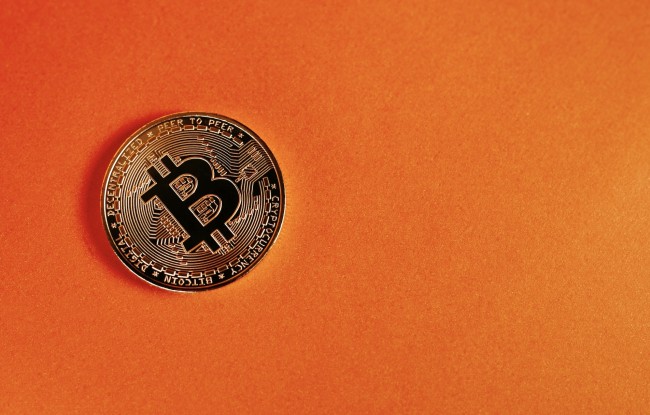Poland Has Been Favored by the EU Court of Justice
Back in 2016, Polish tax authorities decided to introduce a new retail tax that would apply to approximately 200 largest retailers (business entities). This tax represents progressive taxation to retailers with monthly revenue of over 17 million PLN. That would accumulate bigger inflows to the budget of the country, as the government thought.
However, right after the emergence, the European Commission questioned the introduction of this tax doubting that it did not go against the applied EU tax regulations, as they assumed that such new tax would put in favor small and medium retail businesses, halting the growth of biggest retailers, thus creating preferential taxation policy.
Polish tax and policy of the EU
As Poland did not want to emerge against the policy of the EU, the commissioning of the new tax was suspended by a separate legislative act, and the matter was brought to the European Court of Justice.

The Court did not consider, however, that the mentioned tax is to be a constituted public aid, as the European Commission argued, and adopted the decision in favor of Poland tax authorities based on opinion that the European Commission had incorrectly defined the notion of constituted public aid, deeming thus the solution to be legal. Now both sides of the Courts’ hearings have the right to apply against the adopted decision and the Polish tax authorities are to wait with the introduction of this tax until the Court’s decision is final.
This tax is going to make changes to the existing system of taxation. Some experts afraid that large retail businesses influenced by this novelty are going to raise prices on sold goods, leveraging the tax load onto the shoulders of end customers. Some also think that this will lead to an approach of rough cutting of expenses by retailers and significant deterioration of the level of their investments in order to keep up with the same level of business profit.

















